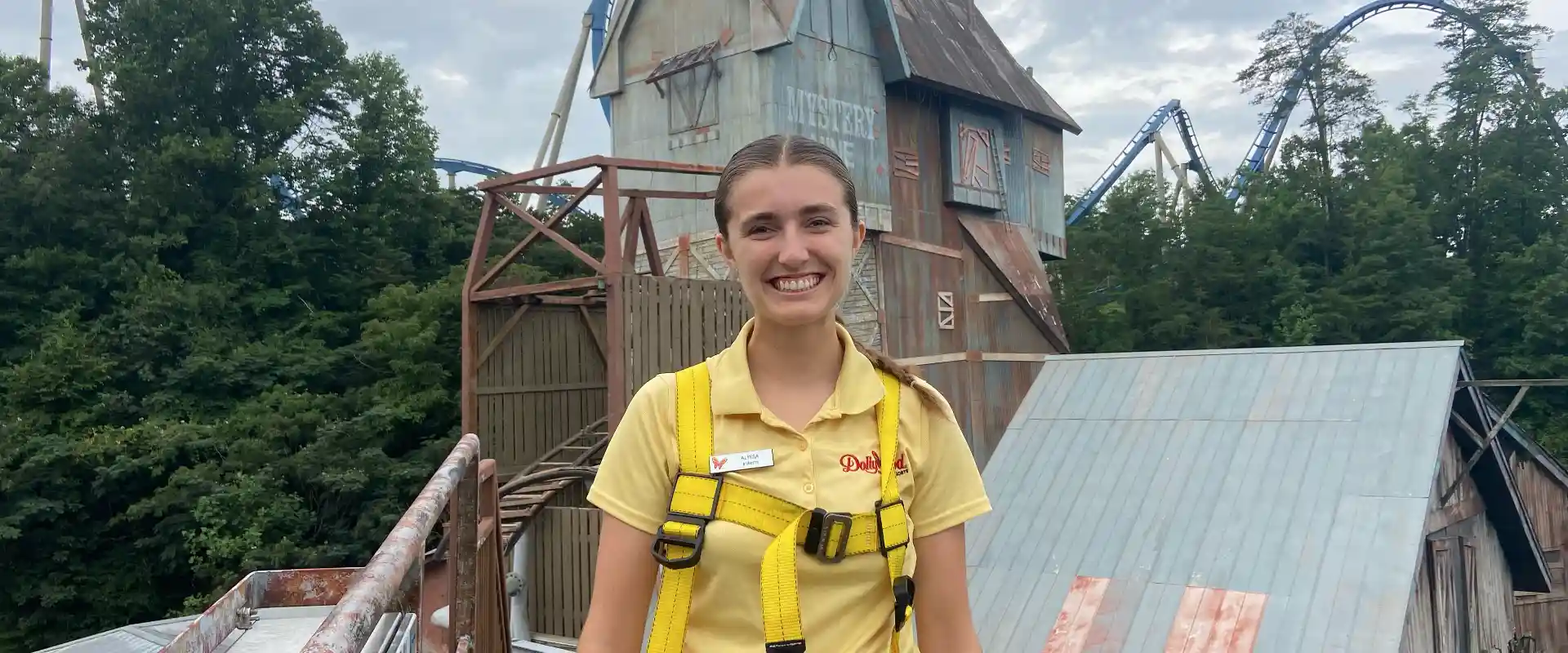
02-24-2025
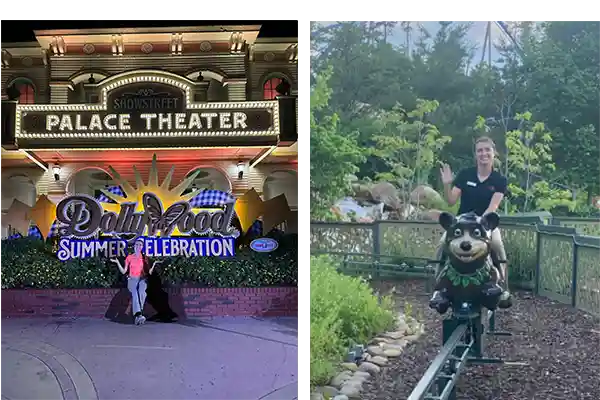
I came to Purdue to combine both my passions — STEM and business — through the unique integrated business and engineering (IBE) major. After touring the school and hearing about the balanced coursework, I knew the program was the right fit for me. As a member of the first IBE cohort, I will graduate in May with my bachelor's, along with a Certificate of Entrepreneurship and Innovation, and a concentration in hospitality and tourism management. With a dream of working in project management for the tourism industry, my courses and projects gave me hands-on project management experience.
One of the courses that I worked on as a project manager was Engineering Projects in Community Service (EPICS). EPICS allows students to learn the design process on interdisciplinary teams, offering practical experience that makes an impact on numerous communities around the world. With nearly 100 different EPICS programs, including Engineers Without Borders, I chose a tourism and educational focus by joining the Imagination Station project. This student-led team allowed me to gain experience writing about decision rationale and operational mechanics, presenting progress to stakeholders, creating budgets and submitting grant proposals.
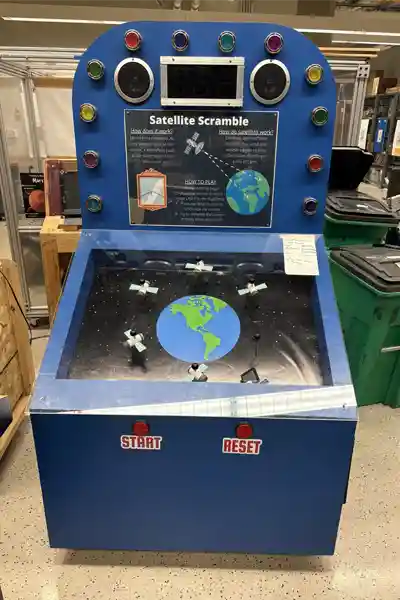
For this team and its ongoing projects, students design, build and deliver interactive museum exhibits to Imagination Station, a West Lafayette science center to help children foster an interest in STEM. By creating fun exhibits that teach science principles, we can build on what children are learning in school in an interactive and fun way. Our exhibits are built with Indiana science standards in mind, allowing schools to bring their students on field trips that match their curriculum.
One of the teams I worked on was the Mars Rover team, which teaches children about space exploration and robots through mission simulations. Using a joystick, children can navigate a rover across a simulated Martian landscape while receiving real-time camera footage. This allows them to explore the planet while learning about our solar system.
I spent the most time on the Satellite Scramble team. It aims to teach children the fundamentals of satellite communication through lasers and mirrors. This arcade-style game challenges users to position mirrors to reflect a laser through a maze, mimicking how satellites communicate. When the maze is completed before time runs out, celebratory lights flash and music plays, congratulating the player.
As with any group project, we encountered obstacles. Since team members changed each semester, skill sets varied, making it challenging to maintain consistency. Plus, each exhibit was at a different stage in the design process, creating a learning curve.
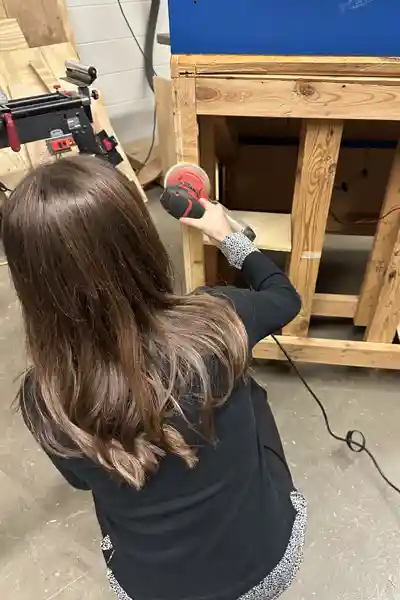
On my Satellite Scramble team, there was a lot of electrical work to be done and only one member studying electrical engineering. To ensure physical work could still be done each week without creating future problems, we made a detailed Gantt chart that allowed the members of the structure team to build the exhibit in a way that would not impact the electrical team. For example, when we were making START and STOP buttons, we knew we could make the designs and print them out, but we waited to place the stickers. If we had moved ahead and the buttons needed to be reversed based on the design of the wiring, we would then have to backtrack. This strategic planning allowed us to make progress all semester without hindering the rest of the team who was in the initial planning stage in that element of the design.
As project manager, I had many responsibilities for managing the development of these four exhibits. I presented weekly progress alongside deadlines and goals to monitor the status of the exhibits and to help them solve problems they were facing. I also facilitated our design review presentations twice per semester with project stakeholders and engineering mentors to present progress and gain feedback. Our weekly leadership meetings helped me develop budgets for each exhibit and write a proposal to be awarded grant money to fund the supplies needed to finish these exhibits. This allowed me to utilize the business skills I had been learning while understanding the technical side of why certain materials needed to be purchased.
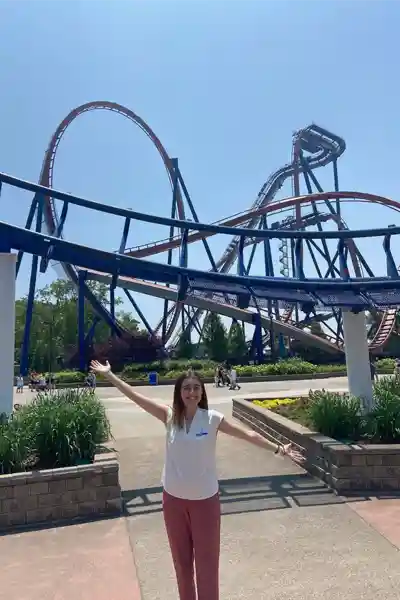
My presentation skills were strengthened by the design reviews we conducted, which also helped me understand the value of communication with stakeholders on a project. While our decisions made sense to us as engineers, speaking with the Imagination Station staff helped me better understand how children interact with their exhibits. When creating the joystick for the Mars Rover, we learned that many children like to climb and hang on the exhibits. This insight guided our design choices, ensuring our final products were durable and long-lasting.
Working on the Imagination Station team was one of the most impactful experiences during my time at Purdue. I combined both my business and engineering coursework into a project management role, just like I hope to do in the future. With a passion for education and working with children, integrating this interest into the tourism industry felt like the perfect fit. I discovered that I thrive in roles involving multiple deliverables, complex details, and creative problem-solving.
I am thankful for the opportunity to have this project management experience starting my freshman year, which was extremely helpful with my internships the past two summers. This experience prepared me to handle real-world deliverables, ensuring I followed through on commitments despite project challenges. At Dollywood this past summer, I was able to design my own dashboards to help create an inventory management system. I listened to the needs of the house and grounds team and then was able to design an efficient system for them that would make their job easier.
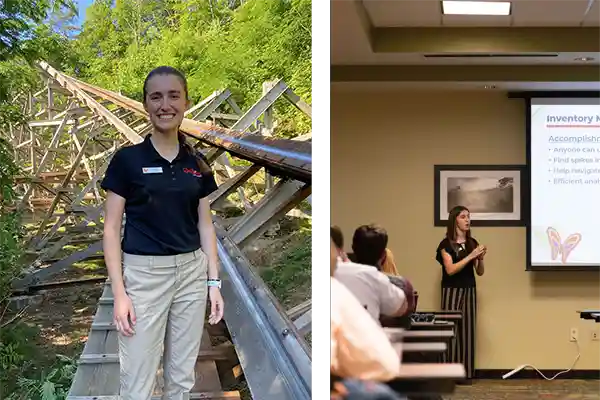
Presenting my findings and gaining feedback to improve the system was something EPICS taught me to do. I created a transition plan, similar to one I created for the Imagination Station team, which explained how my dashboard worked and how it should be used. The dashboard needed to be intuitive and functional even after I left at the end of the summer. The instructions I left simplified my technical work into simple business terms, leaving them a tool to budget their supplies for the entire season.
Overall, I believe that EPICS has helped me grow tremendously as a leader and student. Especially, with it leading me to internships at two amusement parks. I feel confident in my abilities to hold a project management role in the future thanks to all I worked on with the Imagination Station team.
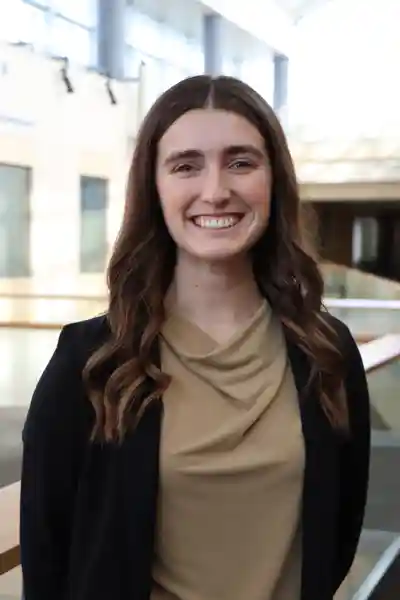
Senior Alyssa Younker is from Commerce Township, Michigan, studying for a Bachelor of Science in integrated Business and Engineering at the Mitch Daniels School of Business. She is also pursuing a Certificate of Entrepreneurship and Innovation and has a concentration in hospitality and tourism management. Younker has previously interned at Cedar Point in Sandusky, Ohio, as a workforce management intern and at Dollywood in Pigeon Forge, Tennessee, as a business intelligence and operations management intern. She is a co-director for the Purdue Office of Admissions call center and director of speaker relations for Purdue’s Women in Business. She was also a project manager for her EPICS course, Imagination Station.